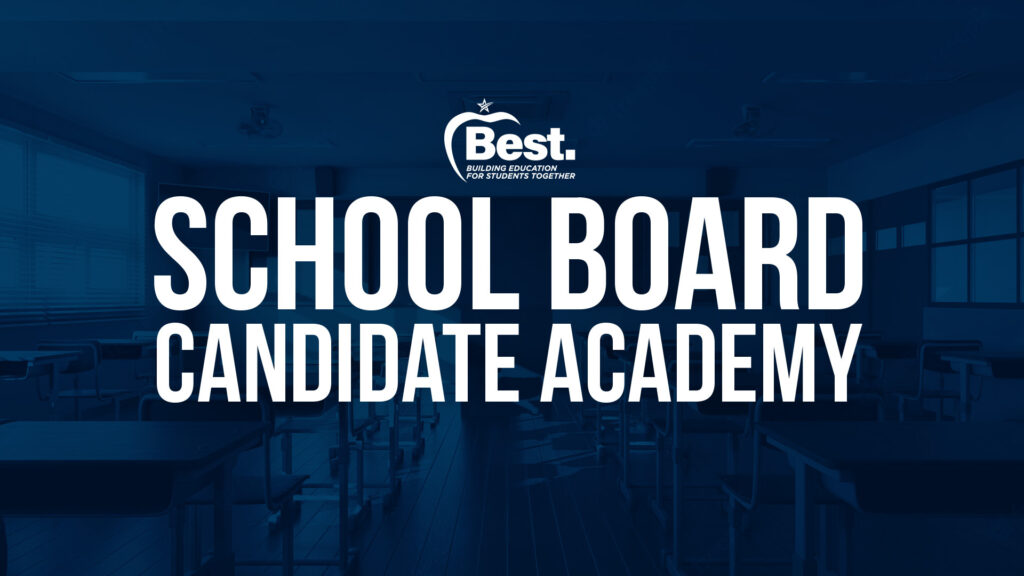What Harrisburg Has to Do with Madison
Public union supporters in Wisconsin have tried to portray the controversy as though limiting their union’s power is an assault on the notion of any union, whether private or public, while Conservatives and moderates and FDR have reminded us that public unions and private unions are quite different entities. Most of the commentary on the differences has concentrated on the lobbying power of public sector workers, but there is another significant difference: private-sector unions not only have to forge compromises with their employers, but also with the marketplace.
This is not always true, as when the government decides that General Motors is too big to fail, but in most cases the disincentive to go bankrupt discourages private sector union members from making unsustainable demands. These disincentives are not in place for the teachers in Wisconsin. It is not difficult to surmise that teaching is a difficult job, but teachers in the public schools have a state-appointed monopoly on the education industry. They do not have to worry about whether bargaining for a pay raise will decrease company profits and the layoffs that follow as competition offers similar products at lower prices.
The built-in limitations on the negotiating power of private-sector unions do not come to the fore in the public sector until states begin to grow astronomically large deficits. While there is some debate as to whether or not states should be allowed to go bankrupt, public unions always assume that the government is too big to fail.
Giving a monopoly collective bargaining power is not sustainable, but neither is the monopolistic character of public education inevitable. It is possible that teachers could collectively bargain in the same way that the private sector does if they were to join the private sector. But the first move toward privatization would be to allow the government to finance the competition as well. These are the reforms that policy entrepreneurs have been pushing in Harrisburg, Pa, through the Opportunity Scholarship and Educational Improvement Tax Credit Act.
Realistically, if public-sector workers were to have their industries privatized, it is unlikely that they would unionize along the same lines (if they would unionize at all). This is because most teachers’ unions are tailored to the needs of public servants rather than private workers and are also committed to maintaining a monopoly in the education industry; after all, the National Education Association’s motto is “Great public schools for every student” (emphasis added).
It’s natural that public employee unions should oppose legislation which is against their self-interest (as breaking the arbitrary public monopoly on education would be) and they have a right to petition the government in opposition, but that does not mean that their opposition is an appropriate criterion for public policy. Collective bargaining can be an option for teachers, but not if they are part of the public sector; when they collectively bargain, they should do so as private employees—not only looking to their short-term interests, but also looking to the growth and sustainability of the industry that they serve.




